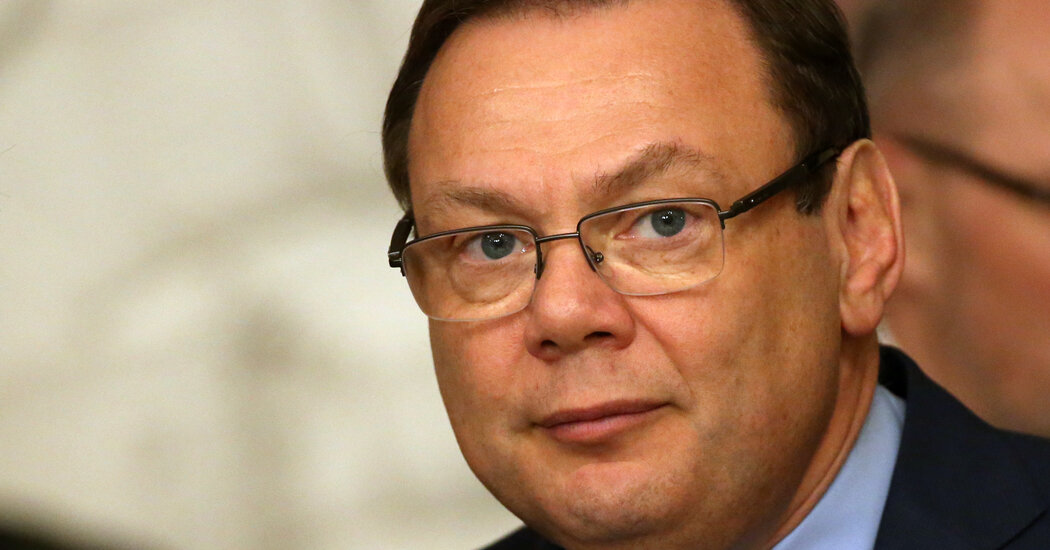A federal district courtroom decide discovered that Apple willfully violated a courtroom order in Epic Video games vs. Apple antitrust case.
Tim Sweeney, Epic Video games’ CEO, tweeted in regards to the courtroom victory, saying “NO FEES on web transactions. Game over for the Apple Tax.”
If Sweeney is appropriate in his interpretation of the ruling, it might be a profitable consequence for Epic Video games, whose Fortnite has been banned by Apple within the U.S., largely due to the litigation.
He mentioned that “Apple’s 15% to 30% junk fees are now just as dead here in the United States of America as they are in Europe under the Digital Markets Act. Unlawful here, unlawful there.”
U.S. District Courtroom decide Yvonne Gonzales Rogers held Apple in contempt of her prior courtroom ruling. She wrote, “For the reasons set forth herein, the court finds Apple in willful violation of this court’s2021 injunction which issued to restrain and prohibit Apple’s anticompetitive conduct andanticompetitive pricing. Apple’s continued attempts to interfere with competition will not betolerated.”
Epic Video games has fought Apple for antitrust for years.
Sweeney famous that the case has been happening for 4 years, 4 months and 17 days.
“We will return Fortnite to the US iOS App Store next week,” mentioned Sweeney. “Epic puts forth a peace proposal: If Apple extends the court’s friction-free, Apple-tax-free framework worldwide, we’ll return Fortnite to the App Store worldwide and drop current and future litigation on the topic.”
We’ve requested Apple for remark. Gonzales Rogers wrote in her ruling, “Apple’s response to the Injunction strains credulity. After two sets of evidentiary hearings, the truth emerged. Apple, despite knowing its obligations thereunder, thwarted the Injunction’s goals, and continued its anticompetitive conduct solely to maintain its revenue stream. Remarkably, Apple believed that this Court would not see through its obvious cover-up (the 2024 evidentiary hearing). To unveil Apple’s actual decision-making process, not the one tailor-made for litigation, the Court ordered production of real-time documents and ultimately held a second set of hearings in 2025.”
To summarize: the decide wrote, “One, after trial, the court found that Apple’s 30% commission “allowed it to reap supracompetitive operating margins” and was not tied to the worth of its mental property, and thus, was anticompetitive. Apple’s response: cost a 27% fee (once more tied to nothing) on off-app purchases, the place it had beforehand charged nothing, and lengthen the fee for a interval of seven days after the patron linked-out of the app.
She added, “Apple’s goal: maintain its anticompetitive revenue stream. Two, the Court had prohibited Apple from denying developers the ability to communicate with, and direct consumers to, otherpurchasing mechanisms. Apple’s response: impose new barriers and new requirements to increasefriction and increase breakage rates with full page “scare” screens, static URLs, and genericstatements. Apple’s aim: to dissuade buyer utilization of other buy alternatives andmaintain its anticompetitive income stream. In the long run, Apple sought to take care of a revenuestream price billions in direct defiance of this Courtroom’s Injunction.”
The decide mentioned that “in stark contrast to Apple’s initial in-court testimony,” the paperwork revealed that Apple knew precisely what it was doing and at each flip selected essentially the most anticompetitive possibility.
“To hide the truth, vice president of finance, Alex Roman, outright lied under oath,” the decide wrote. “Internally, Phillip Schiller had advocated that Apple comply with the injunction, but Tim Cook ignored Schiller and instead allowed Chief Financial Officer Luca Maestri and his finance team to convince him otherwise. Cook chose poorly. The real evidence, detailed herein, more than meets the clear and convincing standard to find a violation. The court refers the matter to the United States Attorney for the Northern District of California to investigate whether criminal contempt proceedings are appropriate.”
In 2021, the decide present in Apple’s favor on most antitrust points, however she mentioned that Apple went too far when it informed builders that they may not promote decrease off-app-store costs to customers inside their very own apps that had been topic to Apple’s 30% payment. After the decide dominated in 2021 that Apple had violated antitrust regulation by muzzling builders who had been directing customers to decrease costs, Apple and Epic each appealed the decision and the case went as much as the U.S. Supreme Courtroom. The courtroom held that the decide’s ruling was appropriate, handing Epic a pretty big defeat.
However at this time the decide wrote, “This is an injunction, not a negotiation. There are no do-overs once a party willfully disregards a court order. Time is of the essence. The court will not tolerate further delays. As previously ordered, Apple will not impede competition. The Court enjoins Apple from implementing its new anticompetitive acts to avoid compliance with the Injunction. Effective immediately Apple will no longer impede developers’ ability to communicate with users nor will they levy or impose a new commission on off-app purchases.”
That would immediate quite a lot of recreation builders to comply with Epic Video games and create their very own internet retailers or options to Apple’s retailer, opening the floodgates as these builders can now not be punished by Apple for looking for to bypass its 30% charges.
GB Every day
An error occured.




